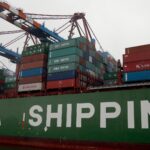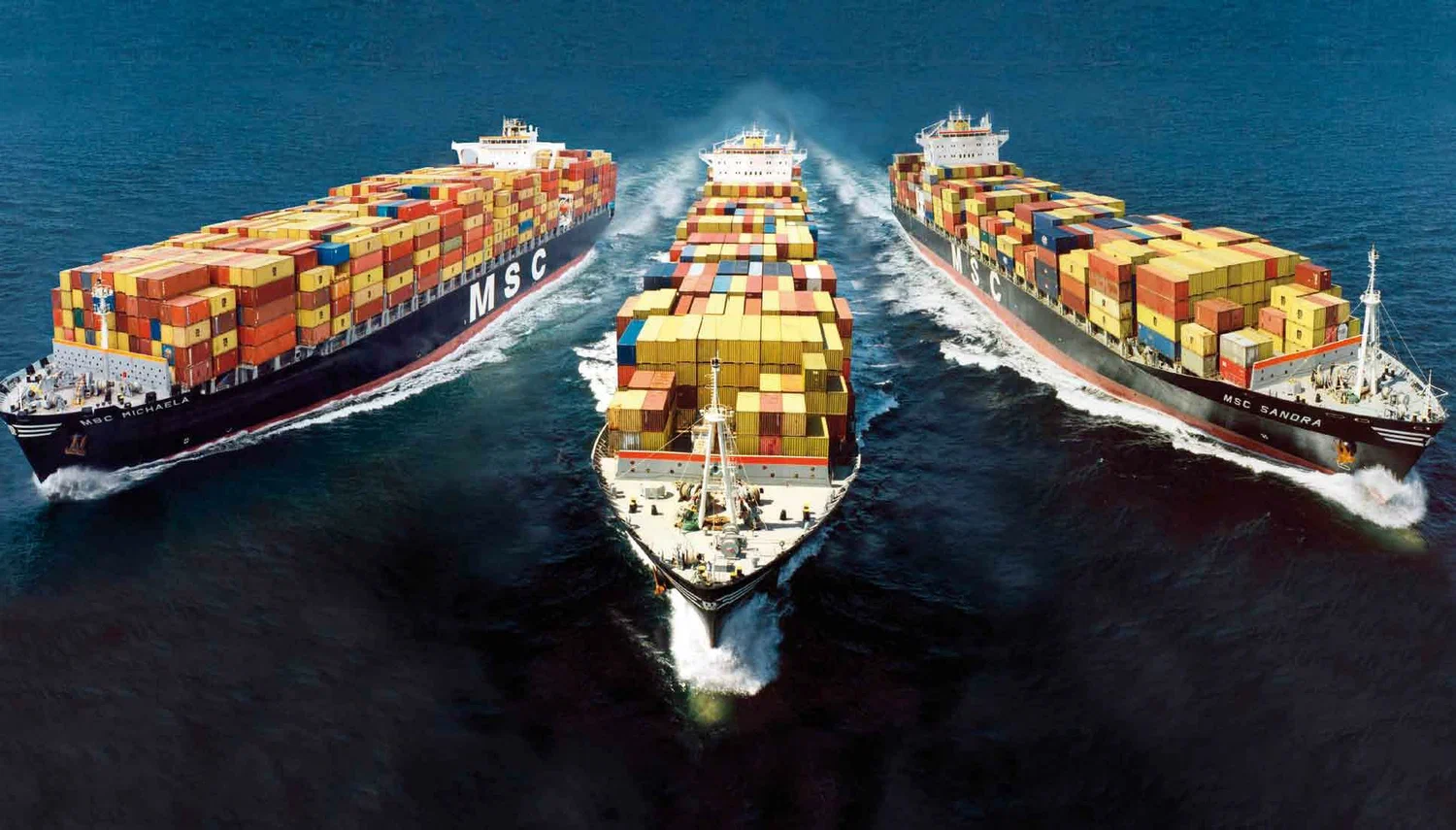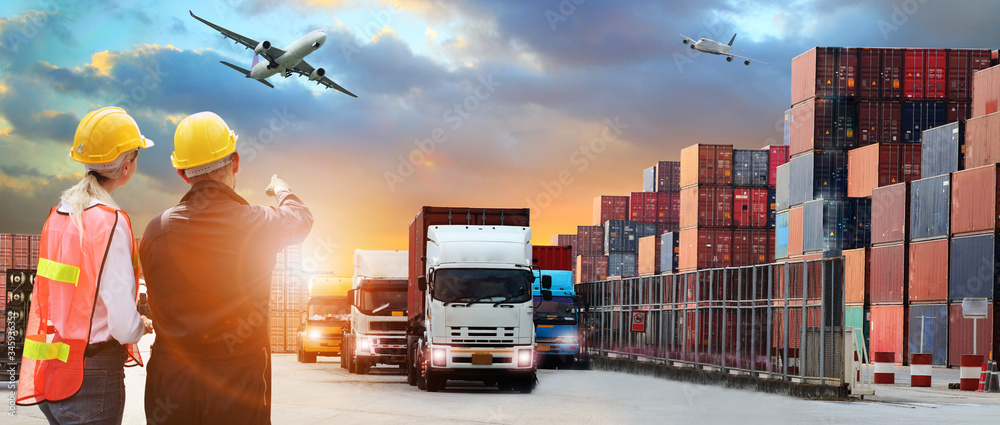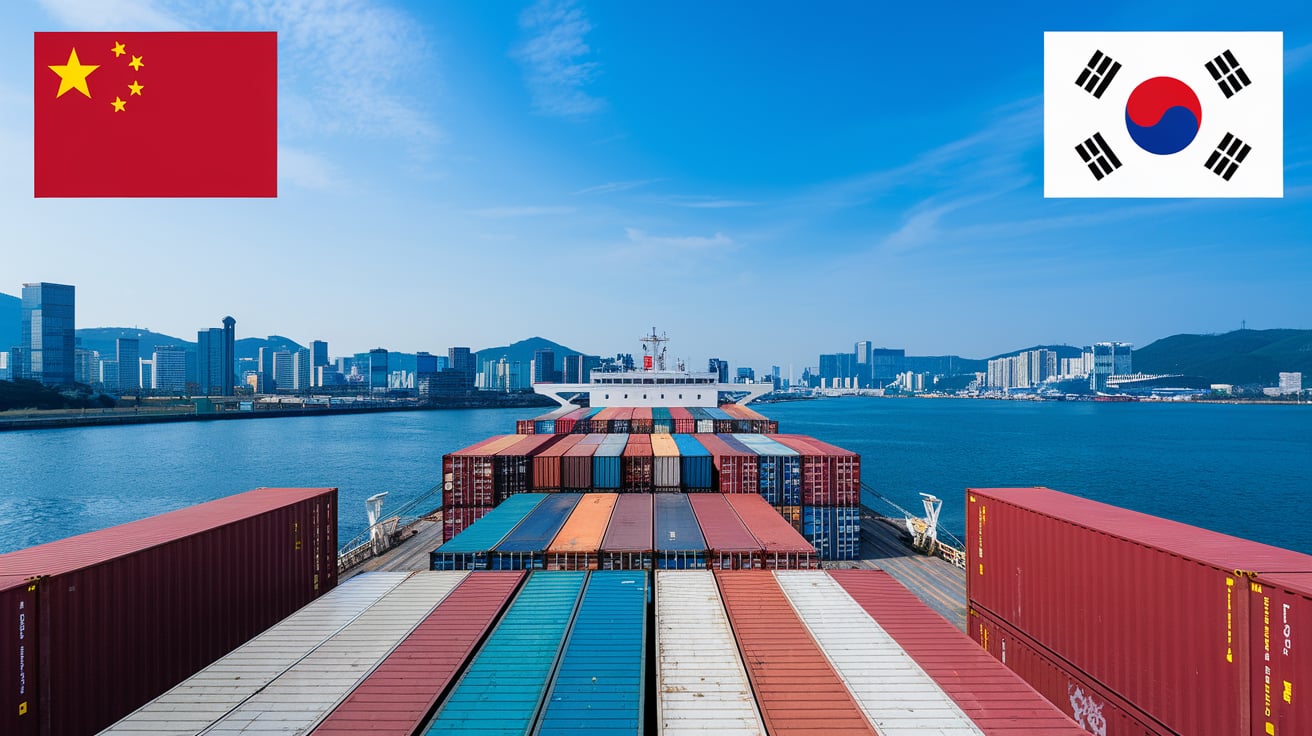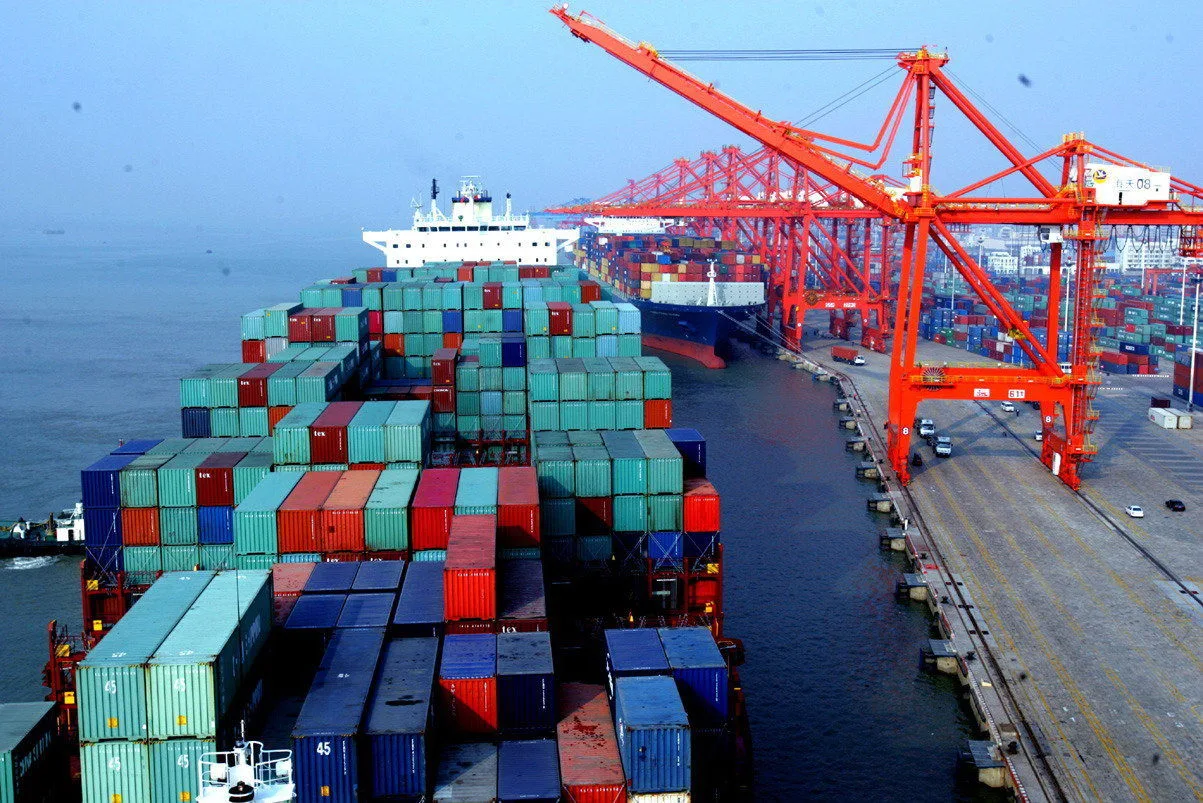Understanding the costs involved in shipping containers from China to Germany is crucial for businesses looking to optimize their logistics and manage their budget effectively. In 2024, various factors, including global economic conditions, supply chain disruptions, and evolving trade policies, have influenced shipping rates. This comprehensive guide aims to provide a detailed overview of the costs associated with shipping 20ft and 40ft containers from China to Germany, helping you make informed decisions and plan your logistics strategy efficiently.
You may be interested in the article:Shipping From China To Germany
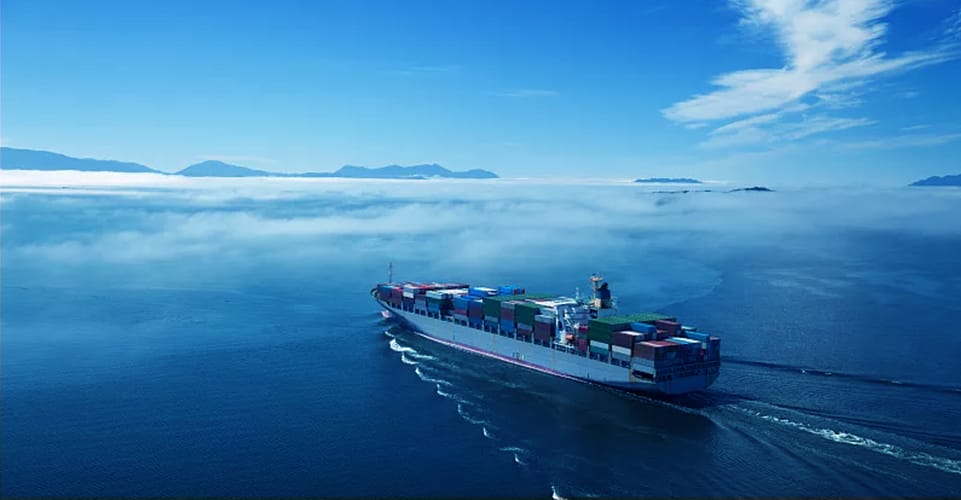
Factors Influencing Shipping Costs
Several key factors influence the cost of shipping containers from China to Germany. Understanding these factors can help you better estimate your shipping expenses and identify opportunities for cost savings.
- Type of Container: The size and type of container you choose significantly impact the shipping cost. A standard 20ft container typically costs less to ship than a 40ft container due to its smaller size and capacity. However, the choice between the two depends on the volume and weight of your cargo.
- Distance and Route: The distance between the port of origin and the destination port is a critical factor in determining shipping costs. Common shipping routes from China to Germany include direct routes via the Suez Canal or indirect routes through other major ports. The choice of route can affect transit times and costs.
- Seasonal Variations: Shipping rates can fluctuate based on seasonal demand. Peak shipping seasons, such as the months leading up to major holidays or the Chinese New Year, often see higher shipping costs due to increased demand for shipping services. Planning your shipments during off-peak times can help you save on costs.
- Fuel Prices: The cost of fuel is a significant component of shipping expenses. Fluctuations in fuel prices directly impact shipping rates, as fuel surcharges are typically included in the total shipping cost. Monitoring fuel prices and market trends can help you anticipate changes in shipping costs.
- Port Fees and Customs Duties: Additional charges at ports, such as handling fees, terminal fees, and customs duties, can add to the overall shipping cost. These fees vary depending on the port of origin and destination, as well as the type of cargo being shipped. Understanding these additional charges is essential for accurate cost estimation.
Cost Breakdown
To provide a clearer understanding of the cost differences between 20ft and 40ft containers, we will break down the average shipping costs and offer examples for both container types.
20ft Container
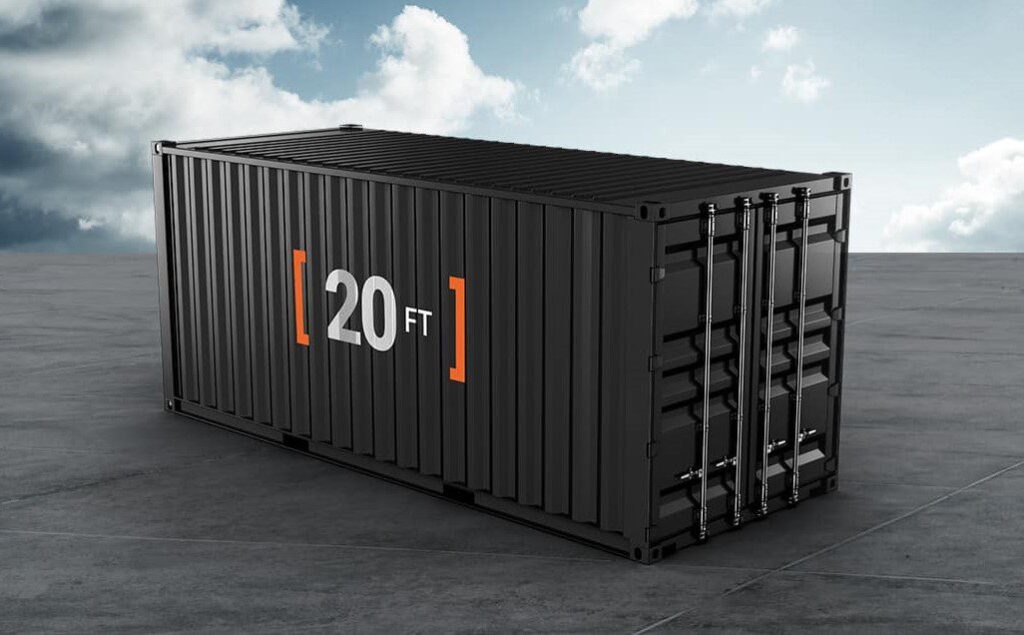
A 20ft container is ideal for smaller shipments and is commonly used for transporting goods with lower volume and weight. The average shipping cost for a 20ft container from China to Germany in 2024 ranges from $1,800 to $2,800, depending on the factors mentioned above.
| Cost Component | Average Cost (USD) |
|---|---|
| Base Shipping Rate | $1,200 – $1,700 |
| Fuel Surcharge | $250 – $450 |
| Port Fees | $150 – $250 |
| Customs Duties | $200 – $400 |
| Insurance | $100 – $200 |
| Total Cost | $1,800 – $2,800 |
40ft Container
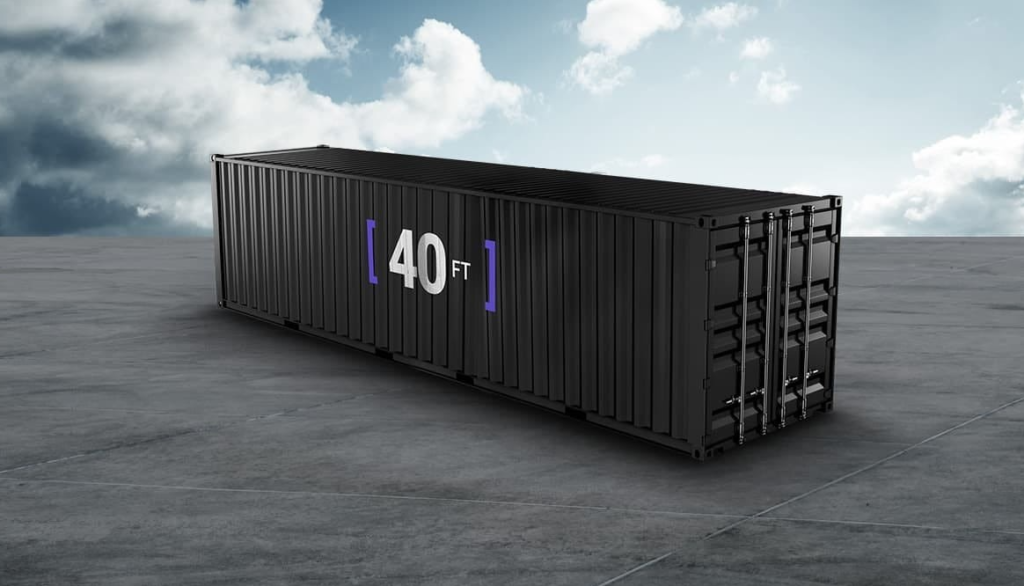
A 40ft container is suitable for larger shipments and offers more space and capacity compared to a 20ft container. The average shipping cost for a 40ft container from China to Germany in 2024 ranges from $2,800 to $4,500, depending on the factors mentioned above.
| Cost Component | Average Cost (USD) |
|---|---|
| Base Shipping Rate | $1,800 – $2,700 |
| Fuel Surcharge | $350 – $600 |
| Port Fees | $200 – $400 |
| Customs Duties | $300 – $500 |
| Insurance | $150 – $300 |
| Total Cost | $2,800 – $4,500 |
Comparison Table
To provide a quick comparison of the shipping costs for 20ft and 40ft containers, the table below summarizes the total costs for both container types:
| Container Type | Average Total Cost (USD) |
|---|---|
| 20ft Container | $1,800 – $2,800 |
| 40ft Container | $2,800 – $4,500 |
This cost breakdown helps you understand the price differences between 20ft and 40ft containers, enabling you to make an informed decision based on your shipping needs and budget. By considering the factors influencing shipping costs and exploring cost-saving strategies, you can optimize your logistics operations and achieve greater efficiency in your supply chain.
Read More:
- Shipping From China to the United States
- Shipping From China TO CANADA
- Shipping From China To Netherlands
- Shipping From China To UNITED KINGDOM
- Shipping From China To ALGERIA
- Shipping from China to UAE
- Shipping from China to Saudi Arabia
Additional Services and Fees
When planning to ship containers from China to Germany, it’s important to consider additional services and fees that can impact the overall shipping cost. These services are often necessary to ensure smooth and efficient logistics operations.
- Insurance: While shipping goods internationally, it’s crucial to have insurance coverage to protect against potential losses or damages during transit. Insurance services typically range from 0.5% to 2% of the cargo’s total value. This minor cost can save you significant expenses in case of unforeseen incidents.
- Customs Clearance: Navigating customs regulations and procedures can be complex. Customs clearance services help ensure that your shipments comply with all legal requirements, avoiding delays and penalties. The cost of customs clearance varies based on the complexity of the shipment and the specific customs regulations of both China and Germany.
- Warehouse Services: Utilizing warehouse services for storage and consolidation can be beneficial, especially for businesses dealing with multiple suppliers or shipments. Warehousing costs can include storage fees, handling charges, and consolidation fees. These services help streamline your supply chain and reduce overall logistics costs.
- Freight Forwarding: Partnering with a reliable freight forwarder like Dantful International Logistics can provide comprehensive logistics solutions, including transportation, documentation, and coordination of various services. Freight forwarding fees are typically calculated based on the shipment’s weight, volume, and complexity.
- Value-Added Services: Additional services such as packaging, labeling, and quality inspections may be required to meet specific industry standards or customer requirements. These value-added services can enhance the overall quality of your shipments but may incur extra costs.
Cost-Saving Tips
Shipping containers from China to Germany can be expensive, but there are several strategies you can implement to reduce costs and improve efficiency.
- Choosing the Right Freight Forwarder: Selecting a reputable and cost-effective freight forwarder like Dantful International Logistics can significantly impact your shipping expenses. A reliable freight forwarder will offer competitive rates, transparent pricing, and comprehensive services to meet your logistics needs.
- Consolidating Shipments: If you have multiple smaller shipments, consider consolidating them into a single container. Consolidation helps maximize container space utilization and reduces per-unit shipping costs. Working with a freight forwarder that offers consolidation services can streamline this process.
- Flexible Shipping Dates: Shipping during off-peak seasons or times when demand is lower can result in lower shipping costs. Avoiding peak shipping periods, such as the months leading up to major holidays or the Chinese New Year, can help you secure better rates and reduce overall expenses.
- Negotiating Rates: Don’t hesitate to negotiate shipping rates with your freight forwarder. Volume discounts, long-term agreements, and established relationships can lead to more favorable pricing and terms. Building a strong partnership with your logistics provider can yield cost-saving benefits.
- Optimizing Packaging: Efficient packaging can reduce the volume and weight of your shipments, leading to lower shipping costs. Consider using lightweight and space-saving packaging materials to optimize container space and minimize shipping expenses.
Partner with Dantful International Logistics, a highly professional, cost-effective, and high-quality one-stop international logistics service provider for global traders. Our comprehensive services and expertise ensure smooth and efficient shipping from China to Germany. Contact us today for a customized shipping solution tailored to your business needs.
Dantful International Logistics Services:
- Dantful Ocean Freight Services
- Air Freight From China
- Amazon FBA Freight Forwarding
- WAREHOUSE Services
- One-Stop Customs Clearance Solution
- Cargo Insurance Services in China
- DDP Shipping Services By Dantful Logistics
- Out of Gauge Cargo Transportation Shipping Services
FAQ
To address common questions and concerns related to shipping containers from China to Germany, here are some frequently asked questions:
1. What is the average transit time for shipping from China to Germany?
The average transit time for shipping containers from China to Germany ranges from 30 to 45 days, depending on the shipping route and any potential delays at ports.
2. How can I track my shipment?
Most freight forwarders provide tracking services that allow you to monitor the status and location of your shipment in real-time. Contact your freight forwarder to obtain tracking details and updates.
3. What documents are required for customs clearance?
Commonly required documents for customs clearance include the commercial invoice, bill of lading, packing list, certificate of origin, and any necessary permits or licenses. Your freight forwarder can assist with preparing and submitting these documents.
4. Are there any restrictions on the types of goods I can ship?
Certain goods may be subject to restrictions or regulations, such as hazardous materials, perishable items, and restricted technologies. Check with your freight forwarder and relevant authorities to ensure compliance with all regulations.
5. How can I calculate the total shipping cost?
The total shipping cost includes the base shipping rate, fuel surcharges, port fees, customs duties, insurance, and any additional services. Use the cost breakdown provided in this guide to estimate your shipping expenses accurately.
References
To ensure the accuracy and reliability of the information provided in this guide, here are authoritative sources and references:
- World Shipping Council: Industry Data
- Export.gov: Shipping Documentation
- German Customs (Zoll): Import Guidelines
- Germany Trade & Invest: Logistics Infrastructure

Young Chiu is a seasoned logistics expert with over 15 years of experience in international freight forwarding and supply chain management. As CEO of Dantful International Logistics, Young is dedicated to providing valuable insights and practical advice to businesses navigating the complexities of global shipping.






